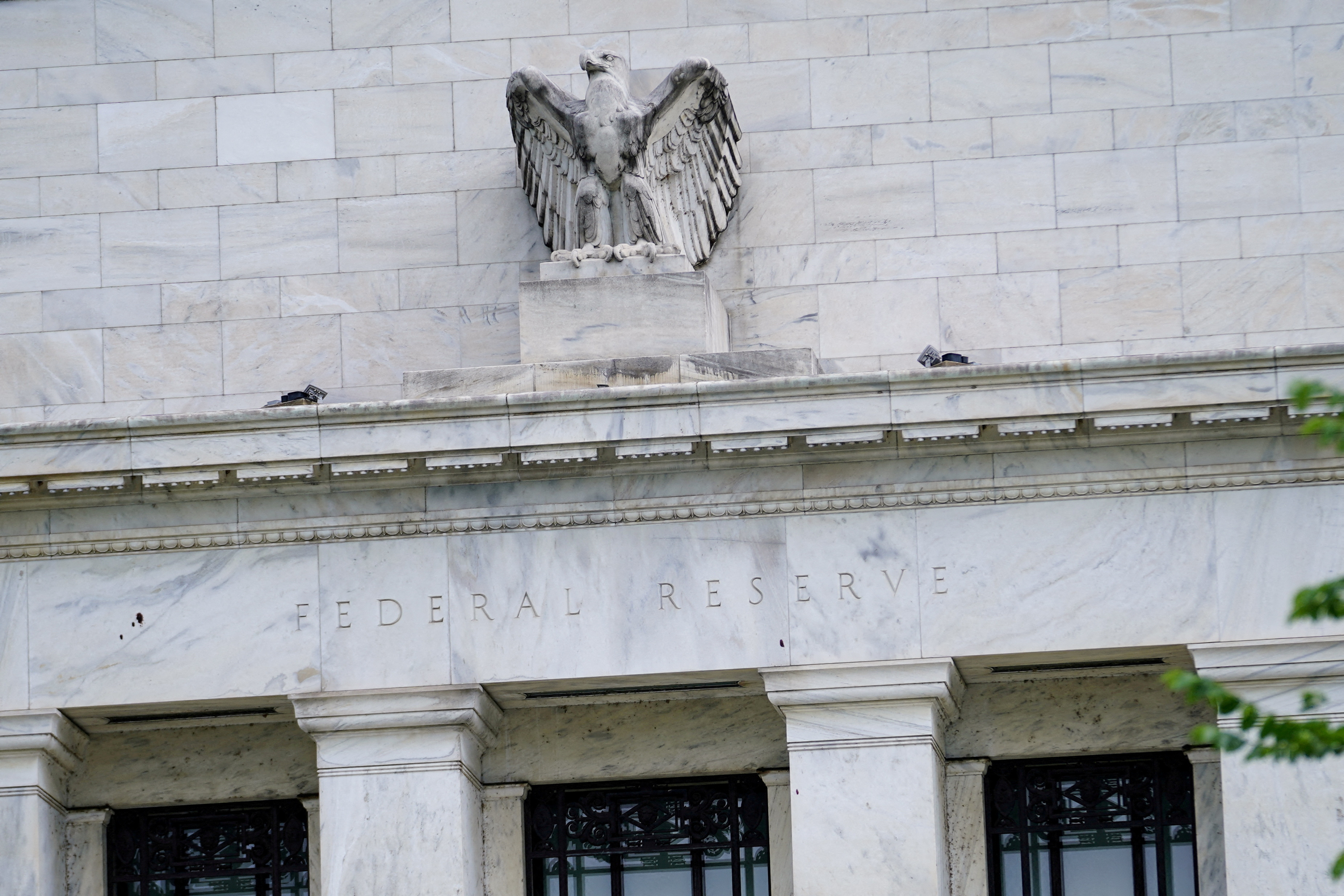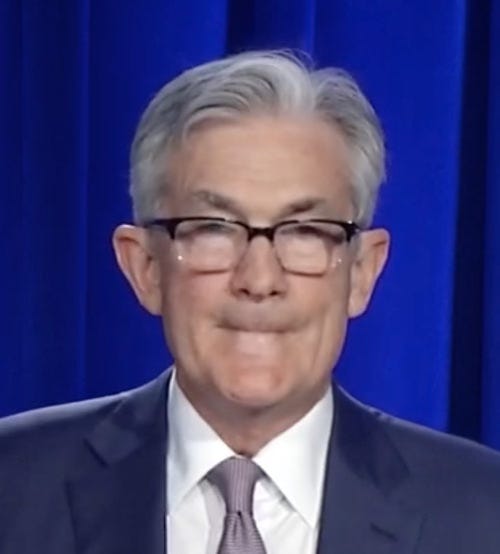“I think what’s difficult for the Fed currently is actually the part of CPI that is being driven by demand, rather than the supply issues or the energy issues, which are perhaps easier to deal with,” Samy Chaar, the chief economist of Lombard Odier, told Bloomberg TV. The Swiss private bank managed 193 billion Swiss francs, or $212.8 billion, in assets at the end of December.
A key inflation metric for the Fed, the Personal Consumption Expenditures Price Index, was little changed in March over its 2.8% reading in February. Federal Reserve chair Jerome Powell highlighted the index earlier this week as he signaled that interest rate cuts may come later, rather than sooner.
The US economy has been strong, with job growth and retail sales also rising more than expected for the month of March.
“The problem with the US is the sticky part that comes from services. Services is demand, and that demand needs to come from somewhere — and that’s a robust economy,” Chaar told Bloomberg. A gauge from the Institute for Supply Management showed the US service sector expanded moderately in March.
“Consumers are consuming because they have jobs, because they have rising incomes,” Chaar said.
This means inflation is fueled by demand rather than oil supply, even if a rise in energy prices complicates the Fed’s job, he said.
The Fed is now trying to engineer a soft landing for the hot US economy without causing it to tip into a recession.
“I would say the biggest challenge here for the Fed is to manage the demand of the US economy,” Chaar said. “It comes from domestic America, not from the Middle East.”












